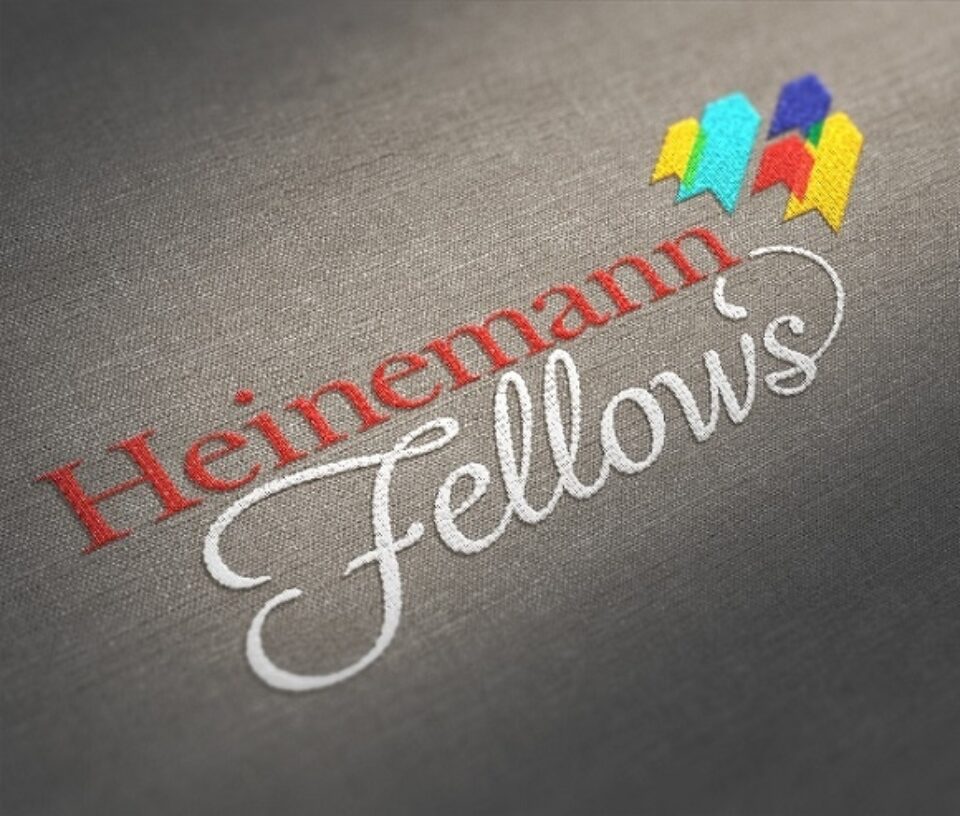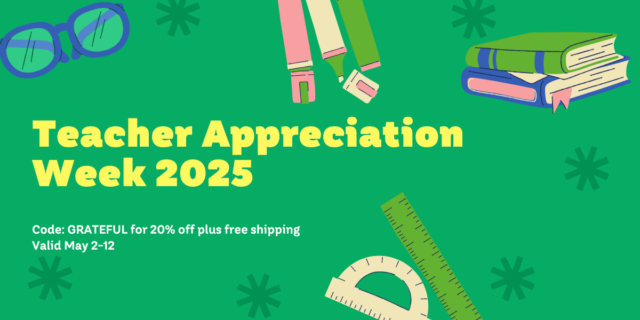
The 2015–2016 class of Heinemann Fellows is a group of educators who wish to pursue the shared goal of advancing the teaching profession. Next week, Heinemann will announce a new cohort of Fellows, the 2016–2017 class, but now we'd like to look back on the work of "Cohort One," ten impassioned teachers and administrators from all over the country who came together for the program's inaugural year.
Ellin Oliver Keene is the official chairperson for the Heinemann Fellows Program. In an introductory post for the blog last year, she wrote:
Do you remember that cocktail-party question, “Who would you want have dinner and conversation with if you could choose anyone in the world?” I feel like the fantasy has become reality.
I’m in the middle of a two-year long dinner conversation with ten Heinemann Fellows (minus the food and I don’t miss it). These ten educators, selected from a nearly 60 applicants (all of whom I’d love to have conversations with as well) will spend this school year and next conducting action research that will create new knowledge and understanding for teachers around the world. They are a stunningly diverse group of classroom teachers in K–12 schools, school directors and learning coaches.
The Heinemann Fellows started when Ellin, working with General Manager Vicki Boyd, thought to formalize a professional learning community and take it to the next level. In a phone conversation this week, Ellin said, "We asked ourselves, 'What would happen if a group of very committed, eager, progressive educators came together, and instead of consuming information, they produced it?'" This group would engage in action-research, wholly based on a question they have about a problem of practice, a difficulty in their specific teaching world.
Ten people were selected from 70 applicants: Lisa Birno, Lorilee Cabrera Liberato, Amy Greenbaum Clark, Valerie Geschwind, Jessica Lifshitz, Michael Pershan, Sascha Robinett, Julie Nora, Kate Norem, and Tamara Ward.
"The problems of practice that surfaced on the first day of our meeting," said Ellin, "led to extremely interesting research questions, and most of these questions have stuck through the ending of this first cohort. These turned out to be serious questions by serious people, who then designed an action research plan to fine-tune the question to be answerable in a meaningful way."
These action-research questions were an exploration of their theories and interventions, questions like, "What instructional strategies are most effective in promoting equitable and engaged talk in a self-contained classroom" and, "Is written or oral feedback more beneficial for fostering thinking in high school students?"
—
We wanted them to think about taking specific action on something that has been bugging them.
—
The Fellows met four times during the program with standing monthly conference calls to share findings and feedback. They refined their data gathering and interpretation, and helped each other through the problems of practice and research plans.
So what's next for the inaugural class of Heinemann Fellows? "They've been accepted to present at two national conferences," said Ellin. "ILA in Boston this summer and NCTE in November. At each, the cohort will talk about their action-research and how to implement it, encouraging everyone in the room to do a miniature version of the Fellowship, where they put together a problem of practice, think about it with colleagues, and design a research project."
This first group doesn't simply disband after next week. Ellin has high hopes for their publishing prospects as well: "I do think there are going to be a couple of Heinemann books from them in the future. These are people we want to encourage to write. We're already working with them to get their work on the Digital Library. There are a lot of ways we'll continue to work with this group."
Learn more about the outgoing class of Fellows here. And check back next week when we announce the 2016–2017 Heinemann Fellows!


